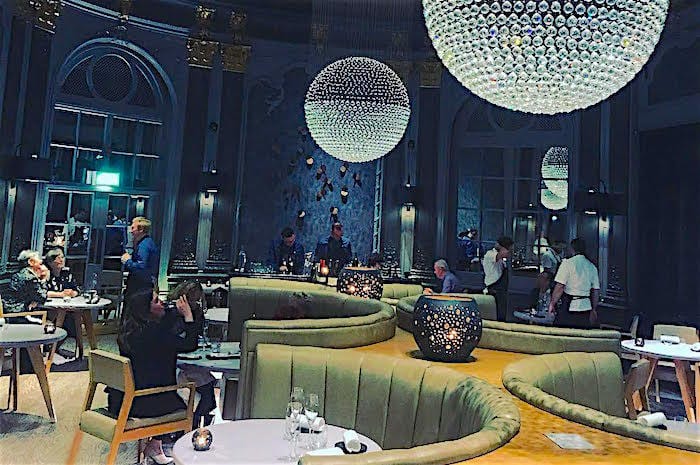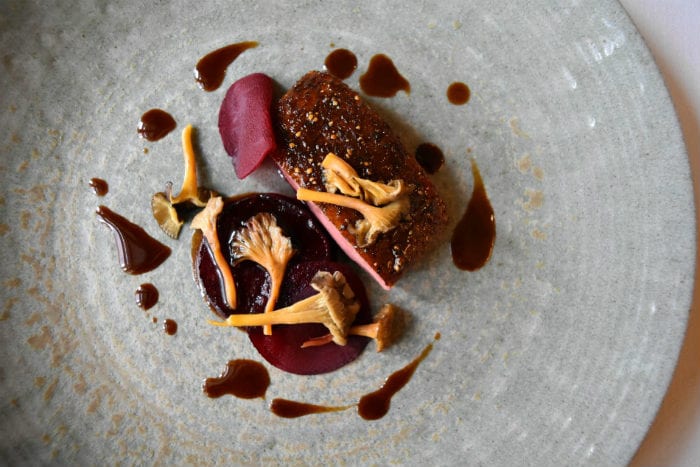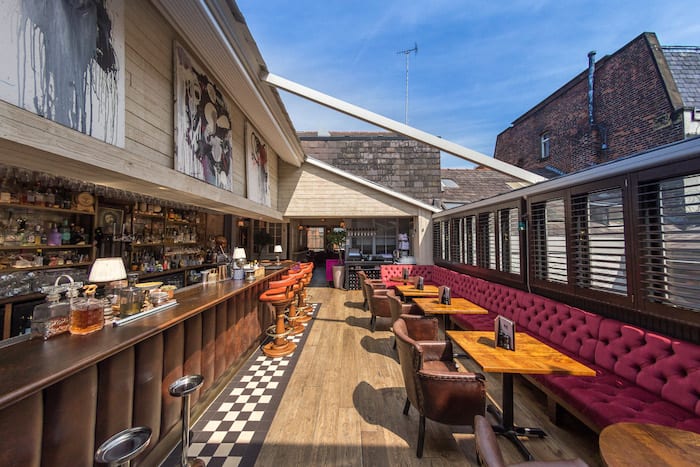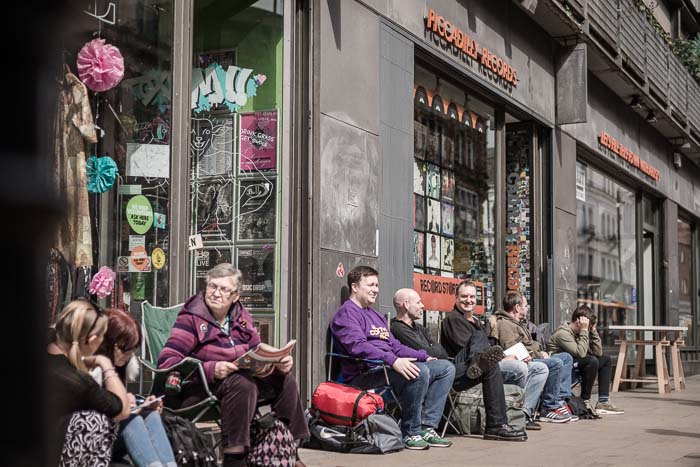No Michelin stars for Manchester again: but does it matter?
- Written by Louise Rhind-Tutt
- Last updated 7 years ago
- Food & Drink

Ah, Michelin stars in Manchester. They’re nothing like buses. You wait 44 years, and they don’t all turn up at once. In fact, none arrive at all. A bit like trains.
The last time Manchester was awarded a Michelin star was in 1974, and it seems to many critics and chefs that the city’s culinary offering is overlooked year after year.
But does it matter? Perhaps as a diner you’re not interested in stars, and you don’t much care for the elaborate, expensive tasting menus you’ve come to associate with them. Social media is full of people saying it’s not a big deal. But the fact is, it sort of is.

September was an impressive month for Adam Reid at The French. It was the only Manchester restaurant to make the Good Food Guide top 50 UK restaurants list, ranking number 13 for “cooking that has reached a pinnacle of achievement.”
The same month, the restaurant in the Midland Hotel was awarded four AA Rosettes for culinary excellence at the annual AA Awards. The French was one of only seven restaurants to be awarded four AA Rosettes this year, and was described as “a creative city kitchen firing on all cylinders.”
To many, a Michelin star seemed on the cards. But it was not to be. Again. Although 21 new Michelin one stars were announced at this year’s awards, there were none in Manchester.
“I think there are two main messages to get across,” says Thom Hetherington, CEO of the Northern Restaurant & Bar, one of the founders of the PPA award-winning Restaurant magazine and the 50 Best Restaurants in the World awards, and a speaker, consultant and writer on food and drink in the north.

“The first is that Michelin are a law unto themselves and only they can decide whether something is worth a Michelin star. But it’s not useful to say that restaurants are purely subjective. You have to benchmark a little.”
Michelin’s restaurant inspectors say they do not look at the interior decor, table setting, or service quality when awarding stars – it’s all about the food.
Food is assessed according to five criteria: quality of produce; chef’s mastery of cooking techniques and flavours; chef’s culinary personality in the cuisine; value for money; and consistency over time and of the menu as a whole.
But when the food at The French has had praise heaped on it by other respected guides and critics, what’s missing for Michelin?

“The French have just got four AA Rosettes, and the Good Food Guide just gave them 8 out of 10 – number 13 in the whole of the UK,” says Thom.
“They don’t necessarily have the publicity of Michelin, but they are two very well respected and credible guides, and they both believe that The French is in around the top 20 restaurants in the UK. Not just once, but consistently, year after year.
“And yet Michelin give out around 170 stars, but they can’t find a place for The French.
“It becomes not just case of people saying ‘I really like The French, why hasn’t it got a star?’ but a more serious question of how can Michelin be so out of kilter with the rest of their peer group, the other respected industry guides?
“It’s a glaring omission. The only sadness is that Michelin don’t really have to explain that to anyone. They’re opaque, unregulated, and answerable to no one.”

Last year, the only restaurant in the north west to be awarded a star was Moor Hall in West Lancashire, which is run by Mark Birchall, formerly executive chef at the two-starred L’Enclume in Cumbria. This year, the restaurant impressively scooped two stars. The White Swan at Fence in Lancashire was awarded one, as was Rogan & Co in Cartmel.
Do stars matter to the region? It’s a bit of a hackneyed argument whether Michelin actually matters, believes Thom.
“It may not matter to an individual diner, and people may or may not like what Michelin represent in terms of the style of dining and the economic model and all the rest of it. But that’s a complete red herring when it comes to the question of ‘does Michelin matter’.
“It does matter. Ask the chefs who’ve got stars, ask the chefs who have lost stars.
“Michelin stars shape careers, they shape lives, they shape investment, they change the ability to attract staff, they change the volume of diners you get through the door and therefore the fundamental financials of the business. Michelin attracts attention, debate and footfall like no other guide in the business.
“And on that basis, not having a Michelin star undoubtedly affects Manchester.”
- This article was last updated 7 years ago.
- It was first published on 2 October 2018 and is subject to be updated from time to time. Please refresh or return to see the latest version.
Did we miss something? Let us know: press@ilovemanchester.com
Want to be the first to receive all the latest news stories, what’s on and events from the heart of Manchester? Sign up here.
Manchester is a successful city, but many people suffer. I Love Manchester helps raise awareness and funds to help improve the lives and prospects of people across Greater Manchester – and we can’t do it without your help. So please support us with what you can so we can continue to spread the love. Thank you in advance!
An email you’ll love. Subscribe to our newsletter to get the latest news stories delivered direct to your inbox.
Got a story worth sharing?
What’s the story? We are all ears when it comes to positive news and inspiring stories. You can send story ideas to press@ilovemanchester.com
While we can’t guarantee to publish everything, we will always consider any enquiry or idea that promotes:
- Independent new openings
- Human interest
- Not-for-profit organisations
- Community Interest Companies (CiCs) and projects
- Charities and charitable initiatives
- Affordability and offers saving people over 20%
For anything else, don’t hesitate to get in touch with us about advertorials (from £350+VAT) and advertising opportunities: advertise@ilovemanchester.com

Meet the Salford creators changing the face of digital storytelling

Tradition gets a makeover in WAKE – the electrifying Irish show coming to Factory International

Manchester gets a ‘Guggenheim’ moment as Campfield Market is reborn

Irresistible tapas spots in Manchester that’ll make you feel like you’re in Spain

“Manchester is not Britain’s second city, it’s the first” – Jeremy Clarkson














